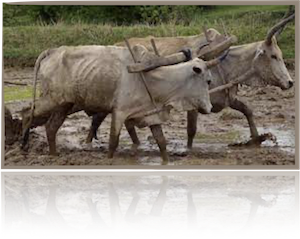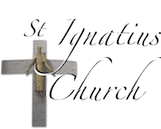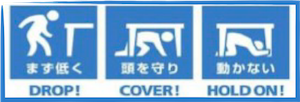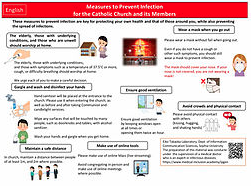
Homily of Sunday 14 A 2023
July 9, 2023 St Ignatius 12:00
I wonder how many of you here have ever seen a yoke. I haven’t. But we see them in photos or documentaries. When farmers plow a field using one animal, they can control it with reins. But if they want their plow to be pulled by two oxen, they join them together with a yoke. Jesus was a carpenter, and I’m sure that when Jesus made a yoke, he chose the lightest wood he had so that it would not weigh heavily on the animal. “My yoke is light,” he says.

But he’s not only talking about yokes on animals. He’s referring mainly to the heavy burdens the religious authorities of his day were imposing on people. Besides financial burdens of taxation, there were religious burdens that the religious leaders laid on the shoulders of ordinary people—the “people of the land” as they derisively called them.
These educated religious leaders had added many details to the basic Law of Moses and prided themselves on observing them. They looked down on ordinary people of the world as sinners, because they did not observe these details. In fact, the ordinary people of the world probably did not even know many of these details. As Jesus says in another place, “They lay heavy burdens on people’s shoulders but will not lift a finger to move them.”
In contrast to these heavy yokes placed on ordinary citizens, Jesus’ yoke is easy and his burden is light. One of the reasons is that he concentrates on essentials—on love of God and neighbor. Here’s an example of an exaggerated burden on the faithful. When I was younger, there was a rule about fasting from midnight before receiving Communion. So even if I happened to take a drink of water early in the morning, it would be sinful to receive Communion. We were also taught that all sins of impurity against the 6th commandment were mortal sins. The result was that some people ignored that and became very lax while others took it seriously and became very scrupulous.
But let’s go back to Jesus’ prayer at the beginning of today’s gospel passage. Jesus addresses God as “Abba / Father.” And he taught us to pray that way too, saying “Our Father…” I think that the very heart and kernel of the Christian religion is knowing God as “Father.” That means being able to face God not as an all-powerful Ruler and Judge, but as a loving Father always present to us, always helping us to get back up each time we slip or fall. He is constantly calling us to follow Jesus with freedom and joy of heart.
Jesus thanks God for revealing these things to the “little ones.” The little ones are those who accept Jesus as he is and what he stands for. The learned and the clever are those who are too closed in on themselves to receive Jesus’ blessings and share them with others. “Forgive us our sins as we forgive others,” we pray. We do not judge or condemn people but help them in their material or psychological needs. We are true Christians when we act as Jesus would act—when we take the time and make the effort to reach out to others to give or even to receive help. Being “humble of heart” like Jesus means being open-hearted, realizing our own limitations but doing what we can to help others live in peace and mutual respect.
Fr. Chiesa
 ENGLISH
ENGLISH  ESPAÑOL
ESPAÑOL 








